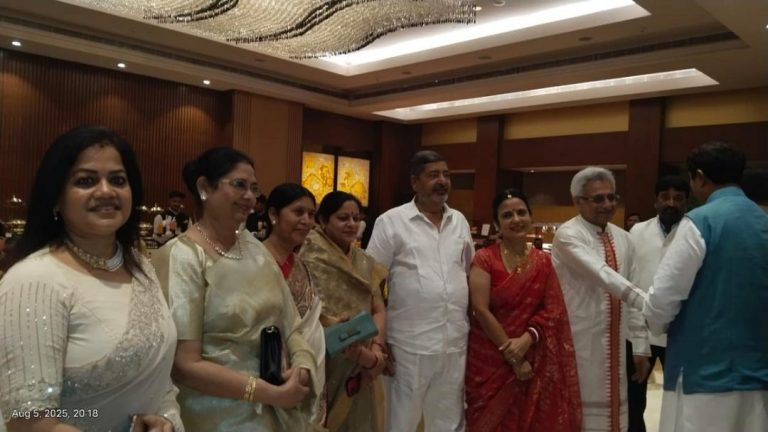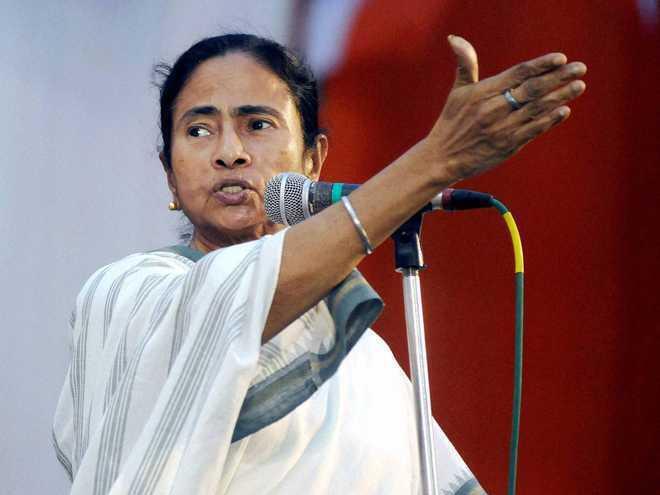
Title: Former BJP Spokesperson Appointed as Bombay High Court Judge
In a surprising move, Aarti Sathe, a former spokesperson of the Maharashtra BJP, has been appointed as a judge of the Bombay High Court. The appointment was made on July 28, and it has set off a storm of controversy in the legal and political circles.
Sathe’s association with the BJP began in February 2023 when she was appointed as the party’s spokesperson in Maharashtra. However, she resigned from her position in January 2024, citing personal and professional reasons. According to Keshav Upadhye, the chief spokesperson of Maharashtra BJP, “She now has no connection with the BJP.”
The appointment of Sathe as a judge of the Bombay High Court has raised several eyebrows, with many questioning the propriety of the move. The opposition parties have been quick to voice their concerns, with some even calling for her resignation.
The controversy surrounding Sathe’s appointment is not without precedent. In recent years, there have been several instances where individuals with political backgrounds have been appointed to high-ranking positions in the judiciary. While some have argued that these appointments are a reflection of the government’s efforts to promote diversity and inclusion, others have raised concerns about the potential conflict of interest and the impact it may have on the independence of the judiciary.
In the case of Sathe, the opposition parties have pointed out that her recent association with the BJP raises questions about her impartiality. They argue that her appointment is a clear case of cronyism and that it undermines the integrity of the judiciary.
The controversy surrounding Sathe’s appointment has also raised questions about the selection process for judges in the Bombay High Court. While the Supreme Court has laid down guidelines for the appointment of judges, there have been concerns about the lack of transparency and accountability in the process.
In recent years, there have been several instances where judges have been appointed without a thorough scrutiny of their background and credentials. The appointment of Sathe is just the latest example of this trend, and it has raised concerns about the potential impact it may have on the judiciary.
The controversy surrounding Sathe’s appointment is also a reflection of the broader issues facing the judiciary in India. The judiciary has long been seen as the bastion of independence and impartiality, but in recent years, there have been concerns about the increasing influence of politics on the judiciary.
The appointment of Sathe as a judge of the Bombay High Court has highlighted the need for greater transparency and accountability in the selection process for judges. It has also raised questions about the role of political parties in the appointment of judges and the potential impact it may have on the independence of the judiciary.
In conclusion, the appointment of Aarti Sathe as a judge of the Bombay High Court has raised several eyebrows and has set off a storm of controversy in the legal and political circles. While some have argued that her appointment is a reflection of the government’s efforts to promote diversity and inclusion, others have raised concerns about the potential conflict of interest and the impact it may have on the independence of the judiciary.
The controversy surrounding Sathe’s appointment is a reflection of the broader issues facing the judiciary in India, including the need for greater transparency and accountability in the selection process for judges. It is imperative that the judiciary takes steps to address these concerns and ensure that the appointment of judges is based on merit and not political considerations.






